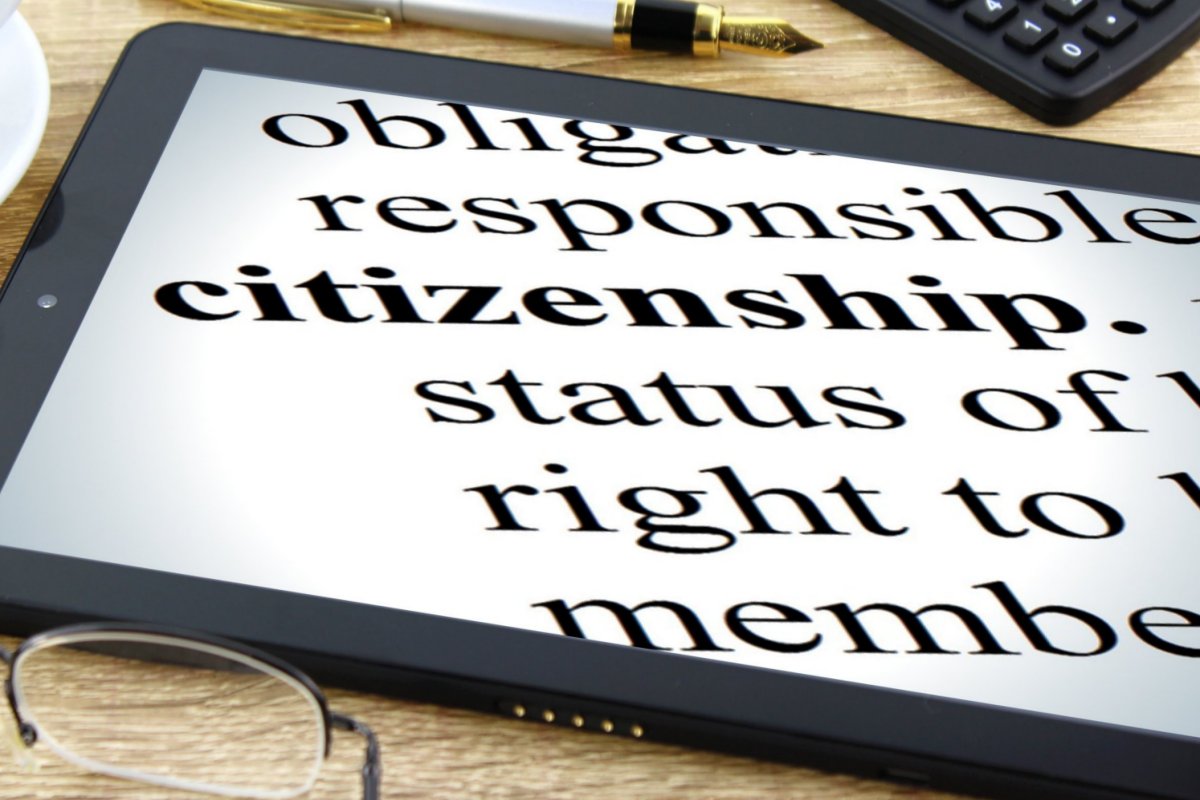News Highlight,
The Supreme Court has now posted the petitions challenging the Citizenship (Amendment) Act to be heard on December 6, 2022.
Takeaway
- According to a recent United Nations High Commission for Refugees report, “Comprehensive Solutions Strategy for Sri Lankan Refugees”, around 29,500 Indian-origin Tamils are currently living in India.
- Nearly 30,000 Indian-origin Tamils have been classified as stateless persons for over four decades.
History of the Indian-origin Tamils
- The British colonial rule
- Under the British colonial government, Indian-origin Tamils were brought in as indentured labourers to work in plantations.
- They remained mostly legally undocumented and socially isolated from the native Sri Lankan Tamil and Sinhalese communities due to British policies.
- Sinhalese nationalism
- After 1947, Sri Lanka witnessed rising Sinhalese nationalism, leaving no room for political and civil participation.
- They were denied citizenship rights and were a ‘stateless’ population.
- SirimavoShastri Pact and SirimavoGandhi Pact
- Subsequently, under the bilateral SirimavoShastri Pact (1964) and the Sirimavo Gandhi Pact (1974), six lakh people along with their natural increase would be granted Indian citizenship upon their repatriation.
- Thus, the process of granting Indian-origin Tamils (who returned to India around 1982) began.
- The Sri Lankan civil war
- The Sri Lankan civil war resulted in a spike in Sri Lankan Tamils and Indian-origin Tamils seeking asylum in India.
- This resulted in a Union Ministry of Home Affairs directive to stop granting citizenship to those who arrived in India after July 1983.
- Illegal migrants
- The Indian-origin Tamils who arrived after 1983 came through unauthorised channels or without proper documentation and came to be classified as ‘illegal migrants’ as per the CAA 2003.
- This classification has resulted in their statelessness and blocking of potential legal pathways to citizenship.
Madras High Court judgements
- P. Ulaganathan vs Government of India (2019)
- The court held that a continuous period of statelessness of Indianorigin Tamils offends their fundamental right under Article 21 of the Constitution of India.
- Abirami S. vs The Union of India 2022
- The court held in Abirami S. vs The Union of India 2022 that statelessness is something to be avoided.
- The court further held that the principles of the CAA, 2019, which relaxes the conditions for citizenship for Hindus from Afghanistan, Pakistan and Bangladesh, would also apply to Sri Lankan Tamil refugees.
Content Source: The Hindu



